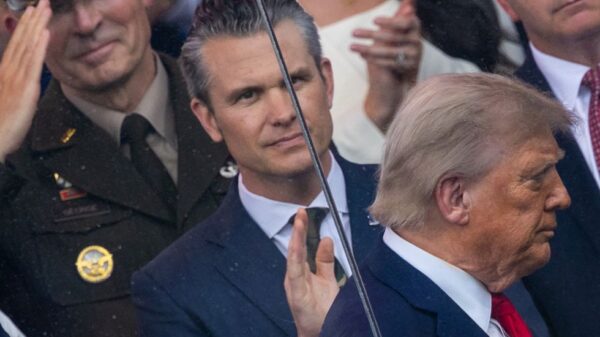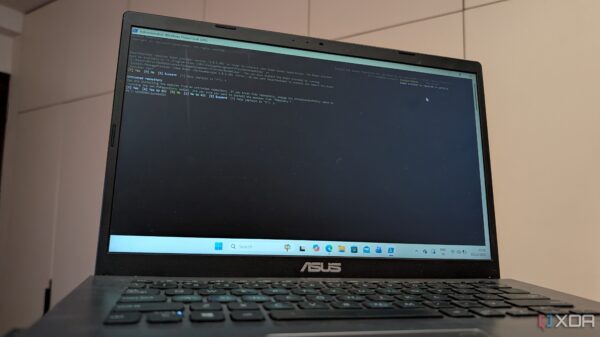A recent incident at a Coldplay concert in Foxborough, Massachusetts, has ignited a heated discussion about privacy and public shaming. During the event, a couple, identified as Astronomer CEO Andy Byron and Kristin Cabot, head of the company’s human resources department, were caught on the venue’s Jumbotron engaging in a moment of intimacy. This unexpected exposure led to a whirlwind of online scrutiny and personal consequences for those involved.
The moment unfolded when Coldplay’s frontman, Chris Martin, commented on the couple from stage, suggesting, “Oh, look at these two! Either they’re having an affair or they’re just very shy.” Following this, social media users swiftly shared images of Byron and Cabot across platforms like TikTok, Twitter, and Instagram. Internet sleuths quickly identified the couple, leading Byron to issue a public apology to his family and colleagues, admitting he had fallen short in his roles as a partner and leader.
The fallout from this incident raises concerns about the erosion of privacy in the digital age. Individuals previously considered private citizens now find their lives scrutinized under the relentless gaze of social media. For Byron and Cabot, what began as a simple night out turned into a public relations nightmare, as their identities were revealed and their personal lives became fodder for gossip columns, even drawing attention from outlets like the Hindustan Times.
Consequences of Public Exposure
The reaction to the incident has been largely negative, with many expressing a sense of schadenfreude. The public’s harsh judgment reflects a disturbing trend in society where individuals are quick to condemn others without understanding their circumstances. This specific event has sparked conversations about the ethics of sharing personal moments without consent and the responsibilities of those who capture and disseminate such images.
Byron’s public apology reveals the significant impact of the incident on his personal and professional life. He stated, “You deserve better from me as a partner, a father, and a leader,” highlighting the emotional toll that public humiliation can take on individuals and their families. Cabot, mortified by the unexpected attention, reportedly felt compelled to remove her surname from her social media profiles to escape the online harassment that ensued.
The Role of Technology in Privacy Erosion
This incident serves as a cautionary tale regarding the intersection of privacy and technology in contemporary society. The ability to document and distribute personal moments instantly raises pressing questions about consent. While concertgoers often accept the potential for being filmed, the extent to which their images can be shared and analyzed without their approval is increasingly problematic.
The digital landscape has created a culture where anonymity is fleeting, and the public’s thirst for sensational stories often overshadows common decency. People are now more likely to take pleasure in the misfortunes of others, especially when those misfortunes are amplified by social media platforms.
Concerts, traditionally viewed as safe spaces for enjoyment and self-expression, have transformed in the age of surveillance. The notion that a couple could enjoy a moment without the risk of judgment or exposure appears to be fading. Martin’s comment, which he later seemed to regret, reflects a broader societal issue: the normalization of public scrutiny and the diminishing boundaries surrounding personal privacy.
This incident at the Coldplay concert highlights the urgent need for a conversation about privacy rights in the age of social media. As technology continues to evolve and shape our interactions, ensuring that individuals can enjoy their lives without the fear of being subjected to public ridicule is essential. Understanding the implications of our digital footprint is more important than ever, as the boundaries between public and private continue to blur.






































































